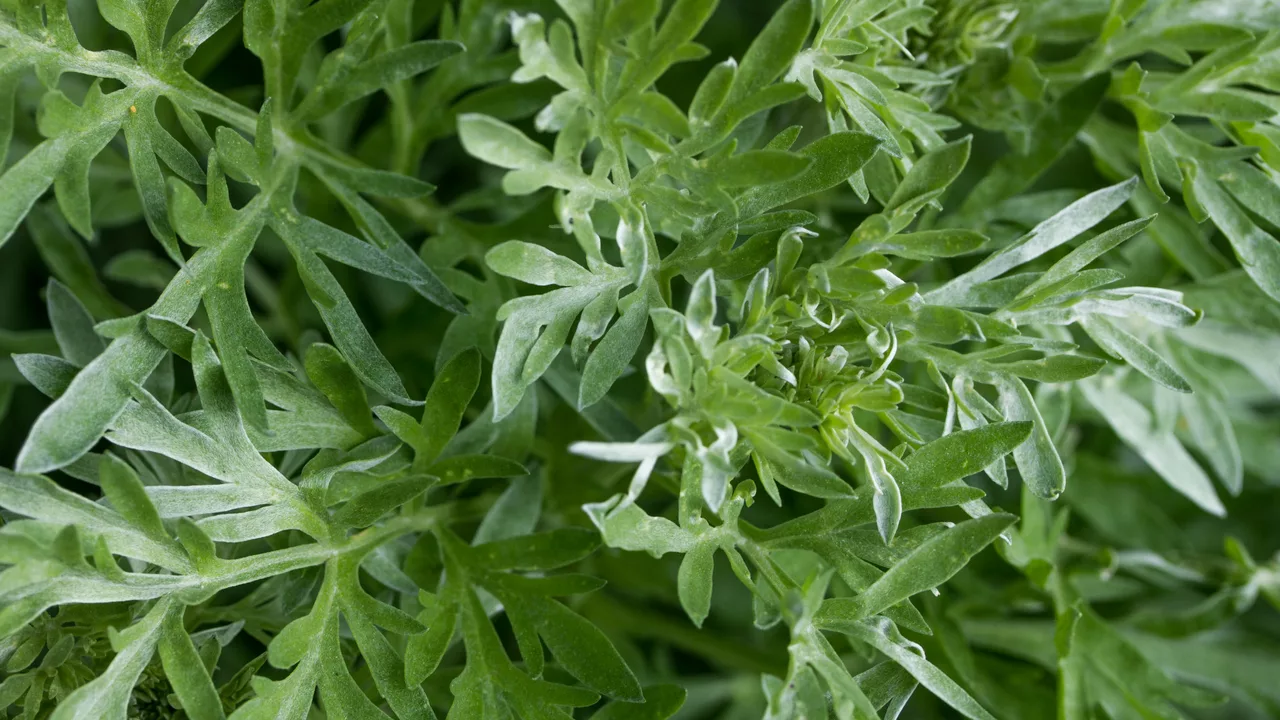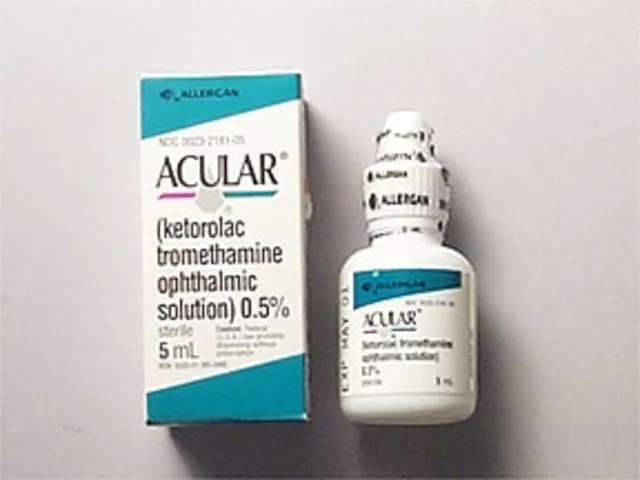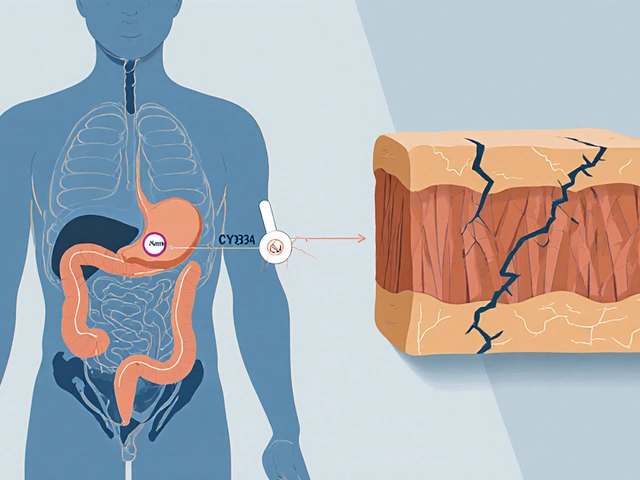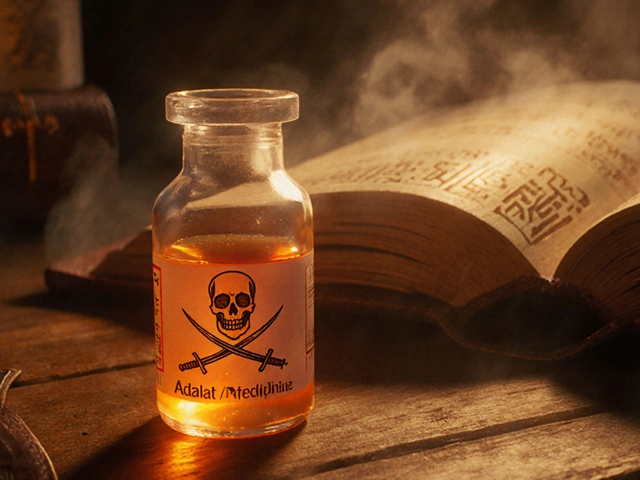Wormwood (Artemisia): what it does and how to use it safely
Wormwood is a bitter herb with a long history: people have used it for digestion, to help clear parasites, and as the source plant for artemisinin, a key antimalarial. That sounds useful, but herbal does not mean harmless. This page gives straightforward, practical info so you can make safer choices.
Two Artemisia plants matter most. Artemisia absinthium (common wormwood) is the classic bitter herb used in teas, tinctures, and historically in absinthe. Artemisia annua (sweet wormwood) is the source of artemisinin, the drug used in modern malaria treatment. They aren’t interchangeable.
Common uses and what evidence says
People use wormwood for: easing bloating and poor appetite, short courses for intestinal parasites, and as a bitter to support digestion. For malaria, artemisinin from A. annua is proven and used worldwide in combination therapies (ACTs). For other uses, clinical evidence is thin or mixed—some small trials suggest digestive benefit, but results vary by product and dose.
How people take it—and what to avoid
Wormwood comes as dried herb for tea, alcohol tinctures, capsules, and essential oil. Practical rules: don’t use the essential oil internally—it's highly concentrated and can be toxic. If you try tea or a capsule, choose a reputable brand and follow product directions. Avoid long-term daily use; most herbal guides recommend short courses (weeks, not months) for digestive or antiparasitic aims.
Be careful with homemade extracts. Thujone, a compound present in some wormwood species, can cause nervous system effects at high doses: tremor, seizures, or confusion. Pregnant or breastfeeding people should avoid wormwood because it may cause uterine contractions or harm the baby.
Check interactions. Artemisia derivatives can affect liver enzymes (CYP450), which changes how some drugs work. That matters if you take blood thinners (like warfarin), certain antiepileptics, or many prescription drugs. Also avoid wormwood if you have epilepsy or seizure risk—thujone can lower the seizure threshold.
Choosing a product: look for third-party testing, transparent ingredient lists, and clear species names (A. absinthium vs A. annua). If a seller promises miracle cures or very high-dose essential oils for internal use, walk away.
Quick safety checklist: ask your doctor before trying wormwood; avoid if pregnant, breastfeeding, or seizure-prone; don’t mix with blood thinners or many prescription drugs without professional advice; prefer standardized products and short courses.
If you’re exploring herbal options for digestion or parasite support, consider gentler alternatives first—peppermint, ginger for digestion, or professional antiparasitic treatment when needed. For malaria, only artemisinin-based therapies recommended by health agencies are appropriate.
Want help evaluating a product or checking interactions with your meds? Bring the product label to your pharmacist or doctor. They can check the species, dose, and possible drug interactions so you stay safe while using herbs.

In my recent exploration into the world of herbs, I've come across a little-known gem called Wormwood. This powerful plant is not just for absinthe drinks or ancient remedies, it's packed with health benefits that can truly make a difference to our wellbeing. From supporting digestion to boosting the immune system, Wormwood is proving to be a dynamic addition to any health regimen. Its anti-inflammatory and antioxidant properties are just a couple of the many reasons why we should be paying more attention to this underappreciated herb. So, let's dive deeper into the world of Wormwood and see how it can enhance our health.






